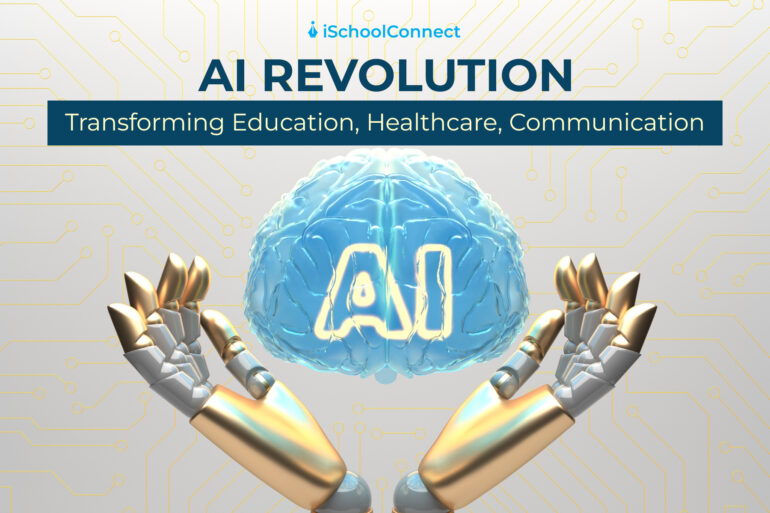Table of Contents
Evolution of AI
The evolution of AI, led by pioneers like John McCarthy and others, has progressed from ancient myths to a major, influential technology today. Beginning formally in the mid-20th century, notably at the 1956 Dartmouth Conference, the impact of AI has spanned global research institutions, reflecting humanity’s quest to enhance cognitive abilities through technology. Its growth from simple algorithms to complex applications in machine learning and robotics results from a blend of academic research, industry innovation, and increased computational power.
Historical origins and critical milestones
AI, rooted in ancient myths, emerged as a formal field in the mid-20th century, notably at the 1956 Dartmouth Conference where John McCarthy named it. Early successes like the Logic Theorist and ELIZA demonstrated AI’s capabilities, leading to practical applications in the 1980s with systems like XCON.
AI in the modern world
Today, AI predominantly operates as “narrow” AI, focusing on specific tasks like Netflix’s recommendation systems or Apple’s Siri. These applications have become integral to our daily routines, enhancing experiences with personalized services. The notion of “general” AI, mirroring human learning and understanding, looms as a prospect, raising questions about labor, ethics, and societal impact.
AI’s integration into society
AI’s presence is now deeply woven into everyday life, from smartphone interactions to autonomous vehicles. It has become a trusted aide, reshaping human interactions with the world and continually pushing technological boundaries.
AI transforming education and healthcare
AI personalizes learning and improves diagnoses and patient care in education and healthcare, but it faces accessibility and ethical issues.

Educational advancements
AI-powered adaptive learning systems personalize teaching. Knewton and MATHia personalize content to improve learning. However, data privacy, equitable access, and teacher preparation remain issues.
Healthcare innovations
Google’s DeepMind improves cancer detection, revolutionizing healthcare diagnostics. Like the COVID-19 epidemic, AI’s predictive analytics aided public health responses. However, privacy and AI decision-making ethics require transparency and accountability.
AI in communication and ethical considerations
AI is reshaping global communication with innovations like virtual assistants and translation services while also grappling with ethical challenges related to privacy and the transparency of AI decision-making processes.
Transforming global interaction
AI has redefined communication with virtual assistants and real-time translation services, breaking language barriers. However, privacy concerns and the potential loss of linguistic nuances in translation pose challenges.
Navigating ethical landscapes
Fairness, accountability, and transparency in AI call for ethical stewardship. The impact of AI, specifically societal, particularly in decision-making and labor markets, requires establishing ethical standards and principles, emphasizing the need for interdisciplinary collaboration and regulatory oversight.
AI addressing global challenges
AI innovates solutions for climate change, healthcare, and humanitarian difficulties while managing complicated ethical and practical issues.
Combating climate change and aiding humanitarian efforts
AI helps mitigate climate change and manage ecosystems, from predictive weather modeling to biodiversity conservation. AI improves disaster response and resource distribution in humanitarian aid, but worldwide deployment and ethical issues must be addressed.
Preparing for an AI-driven future
Personal assistants, healthcare, education, and transportation will change with AI. However, employment dislocation and privacy concerns require flexible legislation and international cooperation. Integrating AI into human existence should enrich rather than reduce human experiences, guided by ethical and practical reasons.






